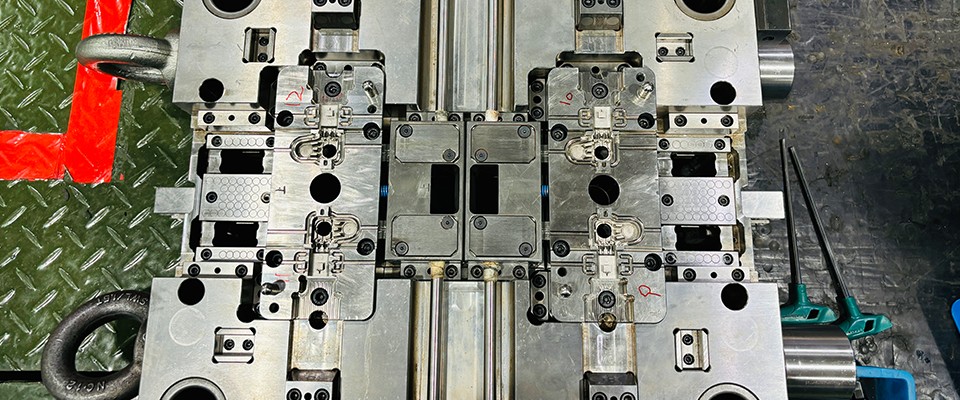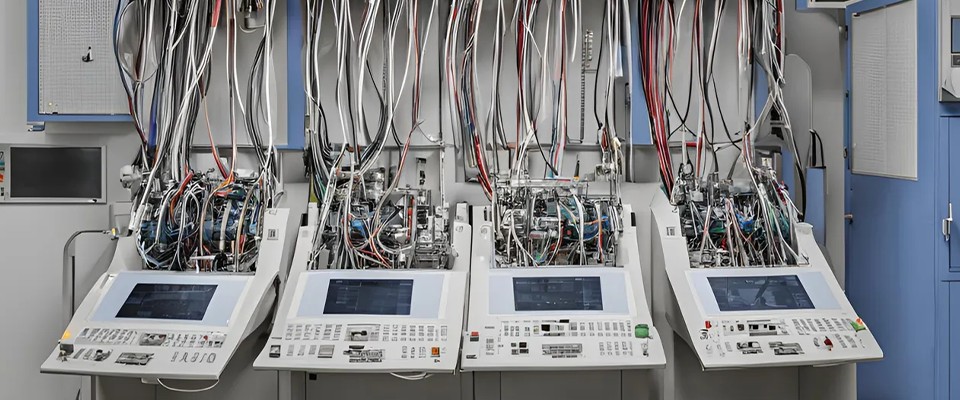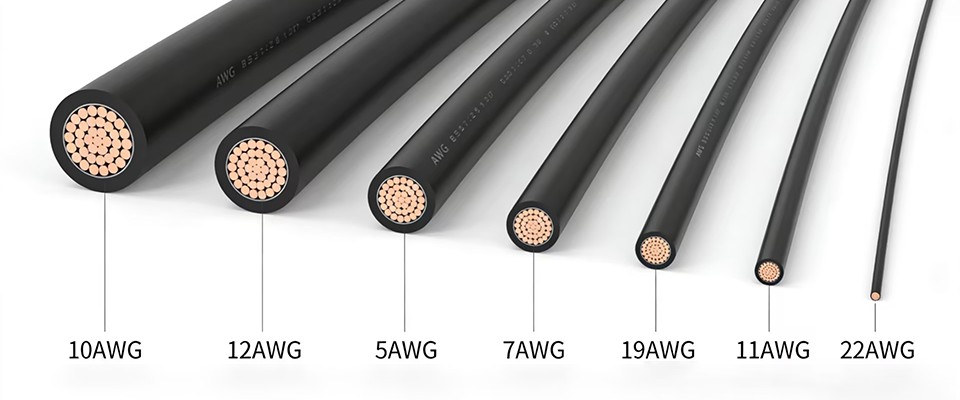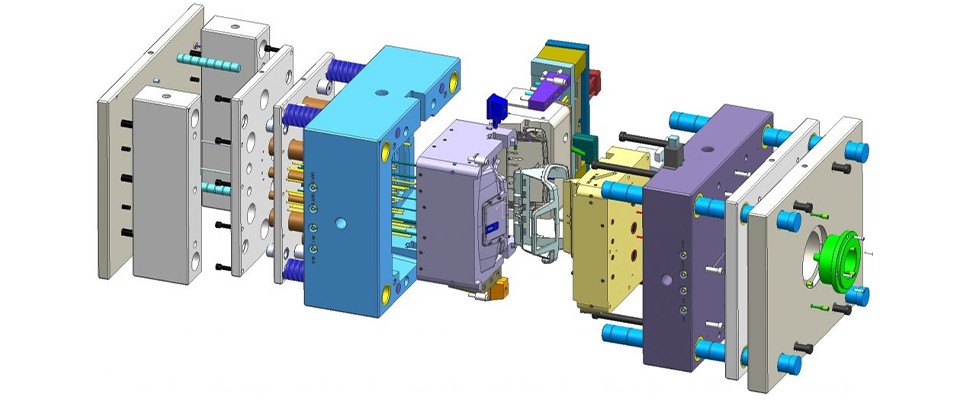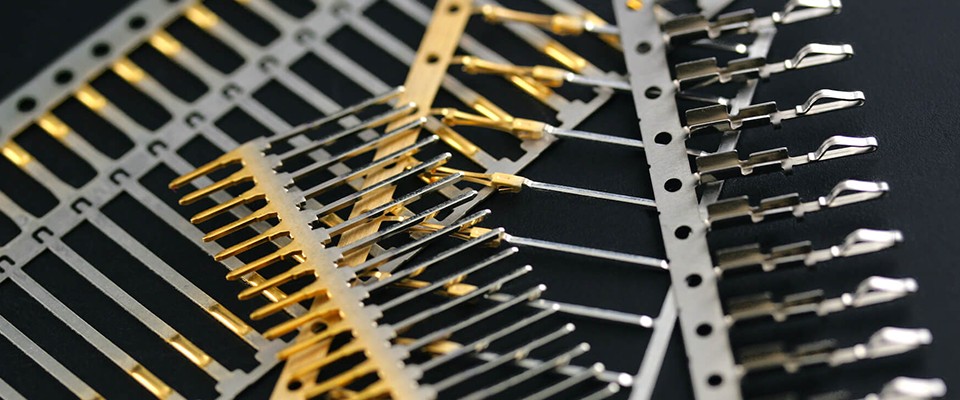German industrial standards have always been known for their strictness, especially in sensor manufacturing. According to the VDI 2860 standard, the tolerance for sensors must be controlled at ≤0.5μm, while the SAE standard in the United States is 1.2μm. This gap has deterred many Asian suppliers who struggle to meet the high precision demands of the German market. However, TSP has broken through this technical barrier with its advanced automation technology, establishing long-term partnerships with top German companies such as Bosch and Siemens, and becoming a trusted sensor supplier.
Advantage 1: Fully Automated Production Lines Achieving "German-level" Standardization
TSP’s automated production lines not only meet the strict German quality standards but also integrate seamlessly with local German equipment within the framework of Industry 4.0.
Technology Architecture:
TSP’s production lines are compatible with the Industry 4.0 architecture and communicate with German equipment systems through the OPC UA protocol, ensuring real-time data synchronization during production for precise control.
Closed-loop Control:
To compensate for environmental temperature and humidity fluctuations, TSP uses an environmental compensation system to ensure the stability of each sensor. In particular, this system has successfully improved the annual stability of medical sensors to 99.98%.
Authoritative Certification:
TSP sensors are TÜV SÜD certified, with an average Mean Time Between Failures (MTBF) of 150,000 hours, far surpassing the industry benchmark of 100,000 hours.
Advantage 2: AI-Driven Flexible Production Capacity
TSP not only achieves breakthroughs in precision and stability but also demonstrates unique advantages in production flexibility and efficiency.
Multi-product Production:
TSP’s production lines can simultaneously manufacture a variety of sensors, including automotive pressure sensors, medical gas sensors, and six other categories. Notably, the line switch-over time is less than 15 minutes, greatly enhancing production flexibility and responsiveness.
Dynamic Scheduling:
Leveraging AI-driven dynamic scheduling systems, TSP can analyze historical orders and equipment status in real time, optimizing capacity distribution and reducing production waste by 23%.
Case Study:
For example, a German industrial valve manufacturer customized 200 special sensors, and TSP delivered the order in 14 days, while the industry average delivery time is typically 28 days. This demonstrates the efficiency and agility of TSP’s production systems.

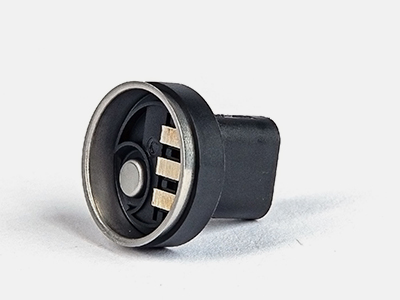
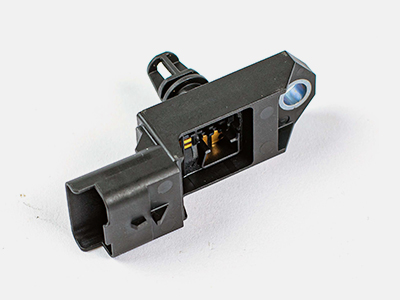
Advantage 3: Zero-Defect Quality Control System
TSP’s quality control system is rigorous down to every detail, ensuring that each product meets the “zero-defect” standard.
Process Control:
TSP implements 27 automated inspection processes, including X-ray internal scanning and micrometer-level dimension measurement, ensuring precise internal structures and dimensions for each sensor.
Data Traceability:
To ensure product quality traceability, TSP has introduced blockchain technology to record data from the entire production process, ensuring every step is traceable to its source. This approach not only complies with Germany’s GDPR (General Data Protection Regulation) but also meets ISO 13485 standards for quality management.
Results Comparison:
Through this stringent quality control system, TSP’s customer PPM (Parts Per Million Defective) has been reduced from the industry average of 800 to just 35, significantly improving product quality and reliability.

Conclusion: Automation Technology Breaks Geographical Manufacturing Barriers
TSP’s success proves that with deep automation empowerment, Asian manufacturers can also establish a strong presence in demanding markets such as Germany. As global supply chains continue to evolve, TSP’s automation technology has transcended regional manufacturing barriers, showcasing its strong global competitiveness.
According to the Fraunhofer Institute in Germany, it is predicted that by 2030, the demand for cross-border supply chain technology collaboration will grow by 300%. With its forward-thinking automation strategy, TSP has already secured a competitive position in the global market and is poised to play a significant role in the future of intelligent manufacturing.


